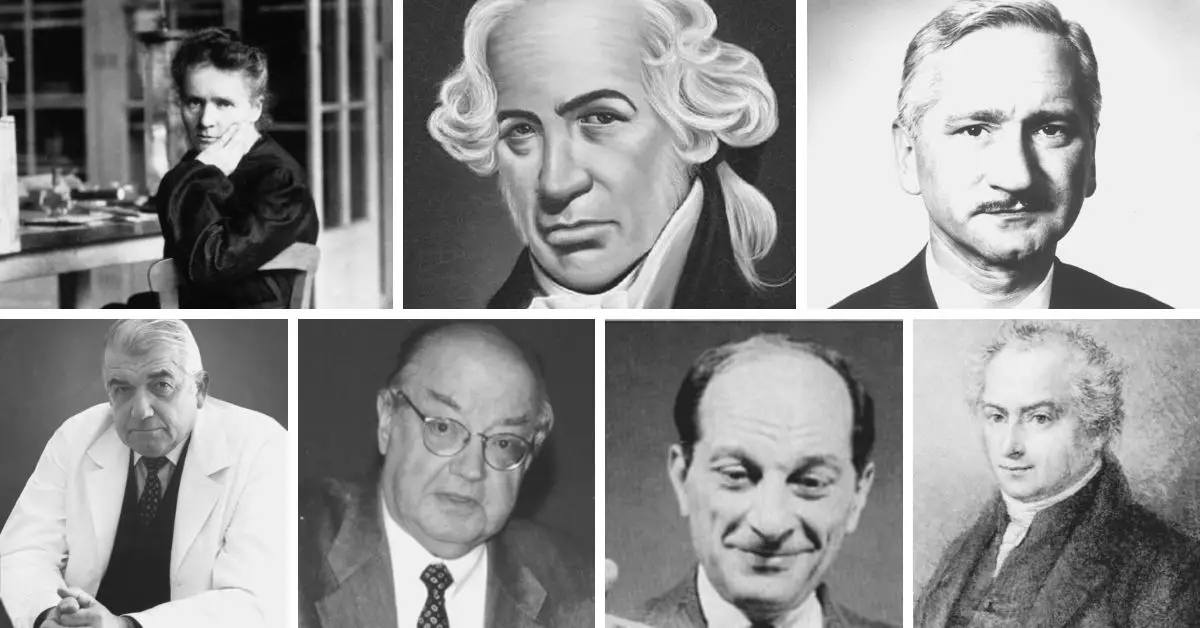To celebrate scientists and scientific advancements, we have collected a list of the most famous Polish scientists that will inspire us for the greater good.
Every country has its own scientific giants. These are people who have made significant contributions to science. In this article, we will introduce to you people from Poland whose contribution is known not only in Poland but worldwide.
We used information from significant resources such as the Nobel Prize and other major publications to create a single list of the most famous Polish scientists.
Put your reading cap on, and let’s explore Poland.
Table of Contents
Famous Polish Scientists
#21. Kazimierz Funk (1884-1967): The Father of Vitamins
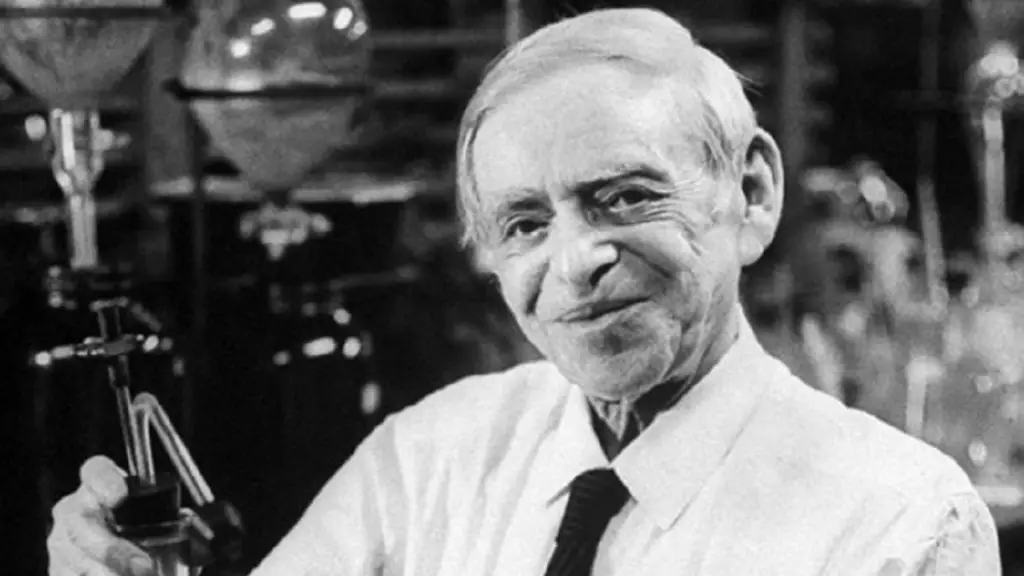
What makes Kazimierz Funk famous?
Vitamins are a key part of our diets. They make our bodies function like they should, from immunity to the growth and development of our cells.
Ever wondered who discovered vitamins? You guessed right. Kazimierz Funk, the Polish biochemist, is responsible for this concept. He is known for coming up with vitamins, calling them “vitamins” and sometimes “vital amines.”
Kazimierz Funk was born in Warsaw, Poland, on February 23, 1884. His work involved isolating brown rice elements that could prevent Beri Beri, as proposed by Christiaan Eijkman.
Other than his nutritional research work, Funk put forward his belief that vitamins could cure rickets, scurvy, pellagra, and coeliac disease.
[Source: Encyclopedia Britannica]
#20. Andrzej Tarkowski (1933-2016): The Father of Modern Mammalian Embryology
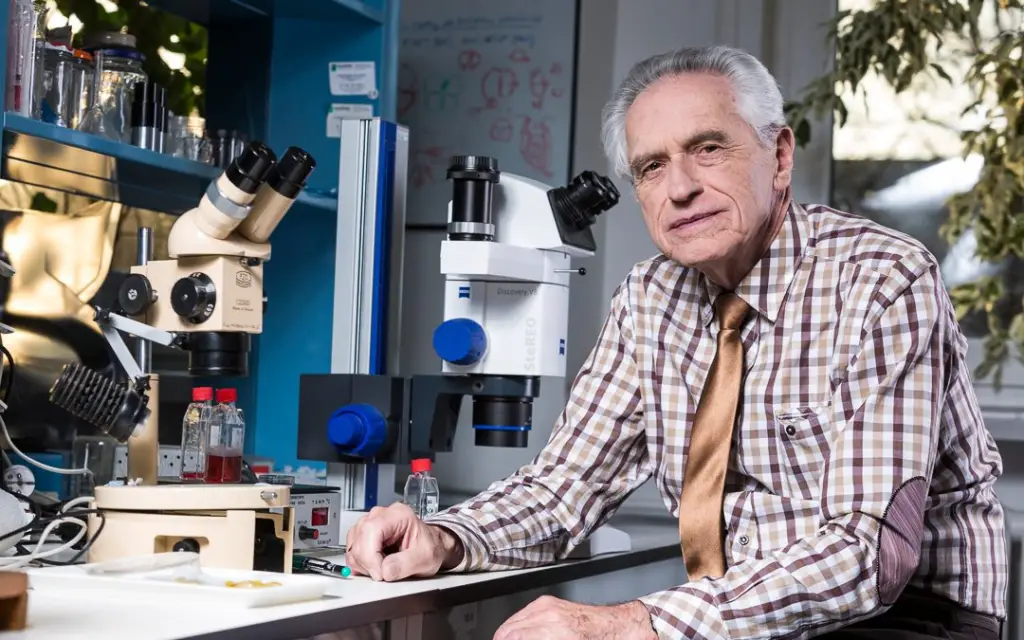
What makes Andrzej Tarkowski famous?
Andrzej Tarkowski was an expert in embryology, born in Warsaw, Poland. He is best known for his groundbreaking studies on embryos.
His findings laid the groundwork for some of the greatest biological and medical advances of the 20th century. The medical accomplishments that resulted from his research include the discovery of stem cells, in vitro fertilization, and cloning.
Tarkowski and Anne McLaren shared the Japan Prize in 2002 for their research on mammalian embryonic development.
[Source: Nature Cell Biology]
#19. Marian Rejewski (1905-1980): The Polish Mathematician Who Decrypted The Nazi German Secret Military Communications

What makes Marian Rejewski famous?
Marian Rejewski, an intelligent mathematician and cryptologist, is remembered for reconstructing the Enigma cipher machine. The German military used this for secret communication during World War II.
Rejewski, alongside two other cryptologists, worked on decryption techniques. They gave their accomplishments to the British and French just before the outbreak of the war.
Marian Rejewski is, therefore, best known as one of the scientists who played a pivotal role in ending the war.
[Source: Encyclopedia Britannica]
Similar Articles:
- 15 Famous Pacific Islander Scientists You Should Know
- 17 Famous Marine Scientists That You Should Know
- 30+ Famous Black Woman Scientists That You Should Know
#18. Jerzy Neyman (1894-1981): The Person Whose Concepts Contributed To Our Understanding of Mathematics
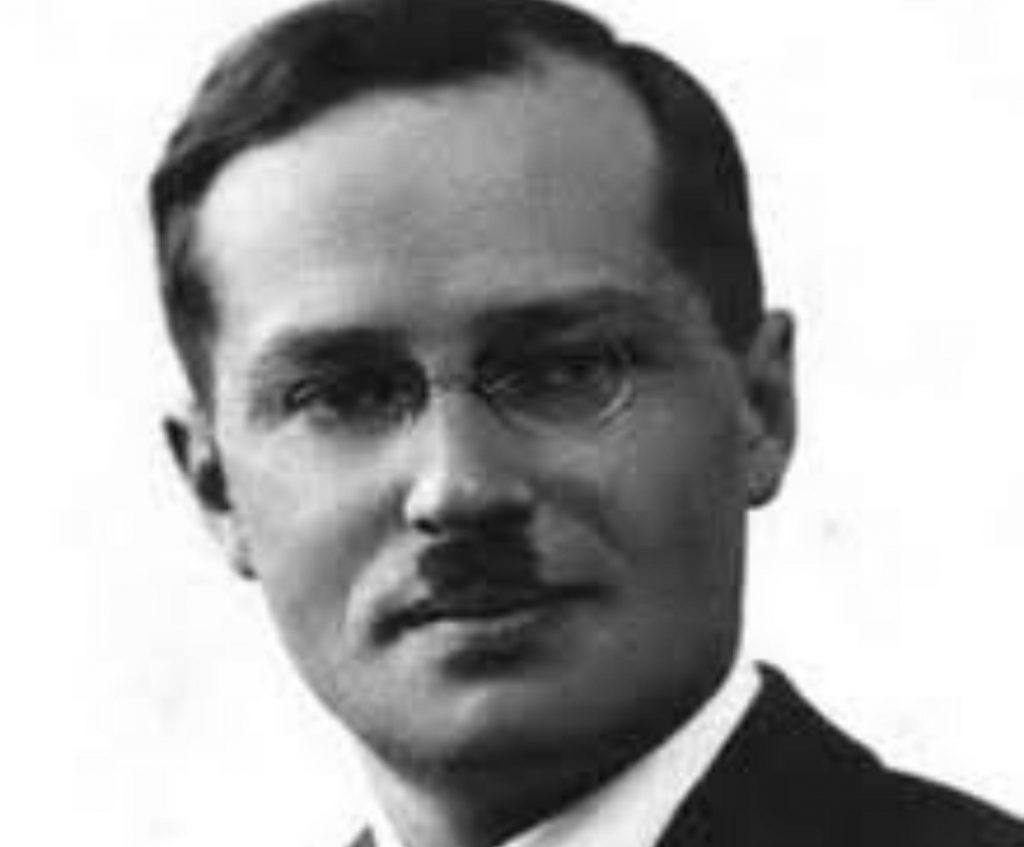
What makes Jerzy Neyman famous?
Jerzy Neyman was a Polish mathematician who worked at several institutions in Warsaw, Poland, before moving on to London and finishing his career at the University of California, Berkeley.
Neyman is best known for co-revising the null hypothesis test put forward by Ronald Fisher. He was also one of the first people to incorporate the confidence interval, a contemporary concept, into statistics.
[Source: Encyclopedia Britannica]
#17. Leopold Kronecker (1823-1891): One of The Fathers of Mathematics
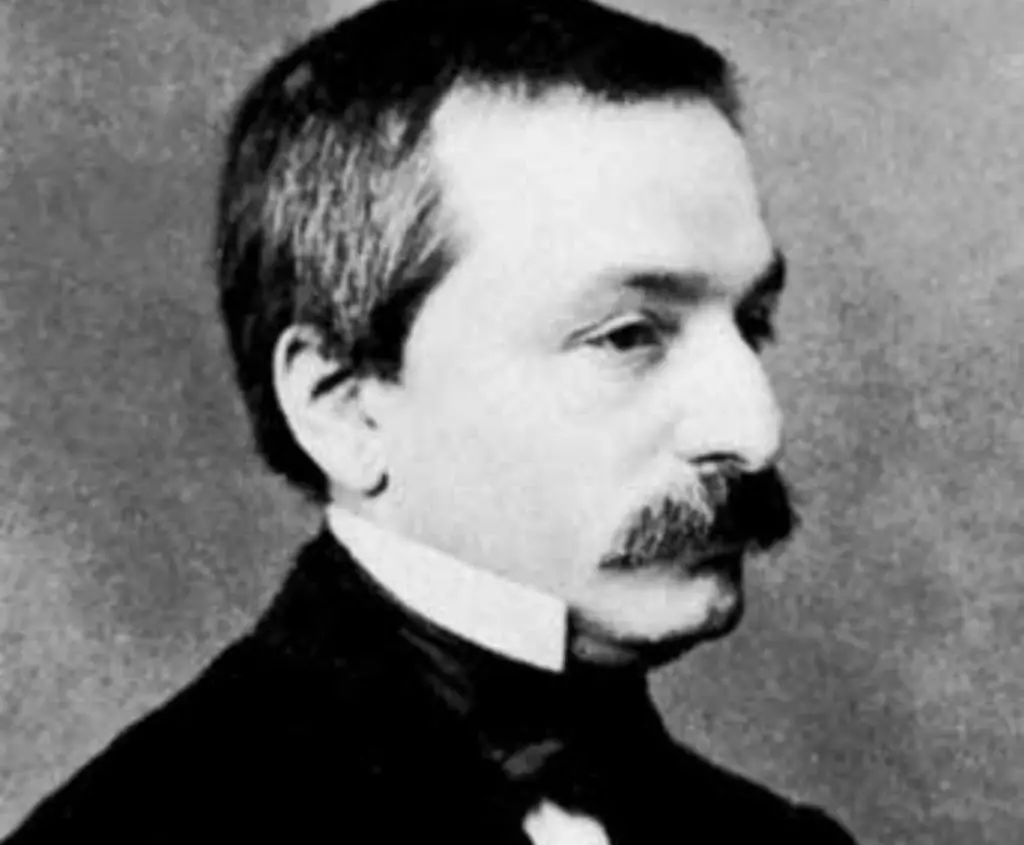
What makes Leopold Kronecker famous?
Leopold Kronecker was a mathematician best known for his contributions to the subject, particularly in logic, algebra, and number theory.
His works that received global recognition include the Kronecker delta, Kronecker’s lemma, Kronecker’s theorem, and Kronecker symbol, among others.
This brilliant German mathematics expert was born in Prussia on December 7, 1823. He studied mathematics, astronomy, and philosophy at the University of Berlin. Kronecker initially wanted to be an astronomer but had a change of heart.
If he hadn’t, perhaps the world would have missed his expertise. We are glad he chose mathematics, as his research revolutionized the subject.
[Source: Mac Tutor]
https://www.youtube.com/watch?v=sazbGMO3fmU
#16. Johannes Hevelius (1611-1687): The Founder of Lunar Topography
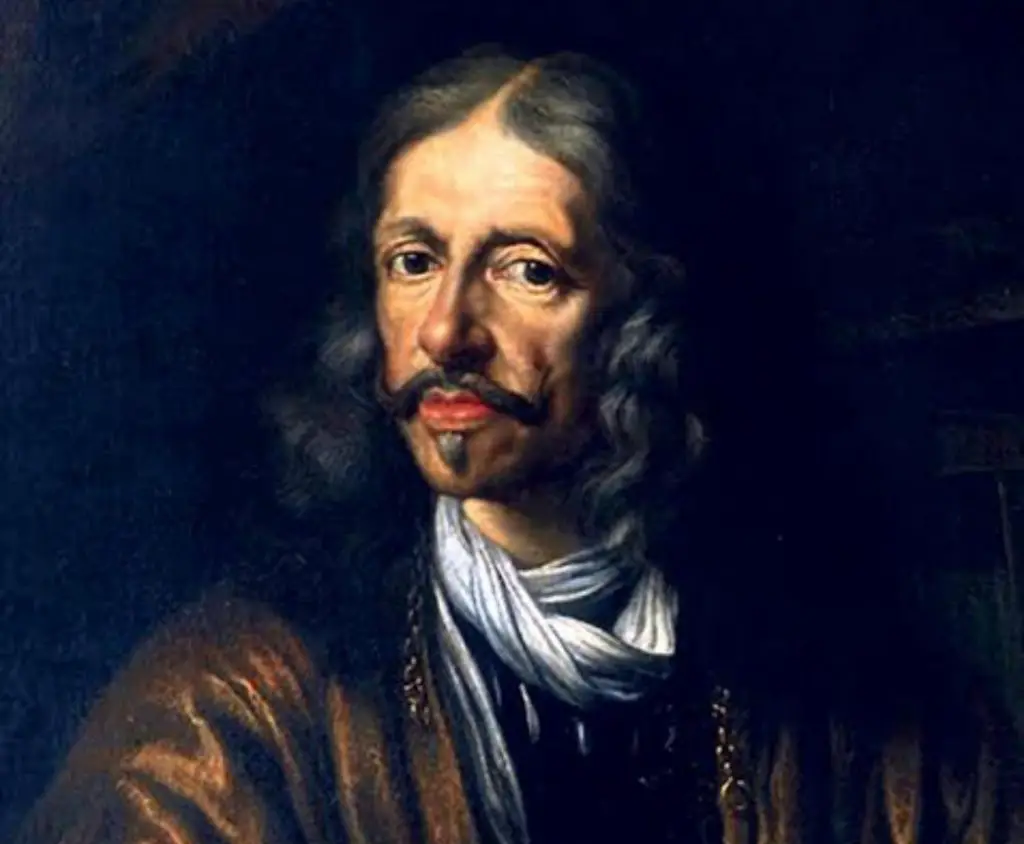
What makes Johannes Hevelius famous?
Johannes Hevelius is buried deep in the history of astronomy. This Polish scientist carried out astronomical research when the field was just forming.
Hevelius was born on January 28, 1611, and rose to be one of the most renowned figures in the Polish Academy of Sciences. He is best known for pioneering the field of lunar topography. Hevelius discovered new constellations; astronomers still use seven of his 10 constellations to date.
[Source: Encyclopedia Britannica]
Similar Articles:
- 30+ Famous Biology Scientists That You Should Know
- 19 Famous Animal Scientists That You Should Know
- 15 Famous Black Computer Scientists That You Should Know
#15. Ferdinand Cohn (1828-1898): The Pioneer of Microbiology and Bacteriology

What makes Ferdinand Cohn famous?
Ferdinand Cohn is widely regarded as one of the founders of modern science. He was born on January 24, 1828, in present-day Wroclaw, Poland.
A renowned German biologist, Heinrich Goppert, taught Cohn biology at the University of Breslau. This 16-year-old had a strong interest in botany. He went on to graduate with a botany degree from the University of Berlin in 1847.
Cohn is best known for several contributions, including classifying algae as plants, explaining their differences from other green plants, and grouping bacteria into four classes according to shape.
For his pioneering work in bacteriology and microbiology, Ferdinand Cohn received the Leeuwenhoek Medal in 1885.
[Source: Encyclopedia Britannica]
#14. Klaus von Klitzing (1943-present): The Only Person Who Discovered The Integer Quantum Hall Effect

What makes Klaus von Klitzing famous?
Klaus von Klitzing is a Polish-born physicist best known for discovering the quantum Hall effect. In 1985, he received the coveted Nobel Prize in Physics for his work.
Klaus von Klitzing enrolled at the Germany’s Braunschweig University of Technology, where he graduated with a diploma in physics. He went on to earn a P.h.D. in this field from the University of Würzburg.
Other than the Nobel Prize, he also won the Hewlett-Packard Prize and the Dirac Medal, among other prestigious awards.
Today, Klitzing continues his research on electronics, particularly low-dimensional systems.
[Source: The Nobel Prize]
#13. Leo Sternbach (1908-2005): The Polish-American Chemist Who Made The First Tranquilizers
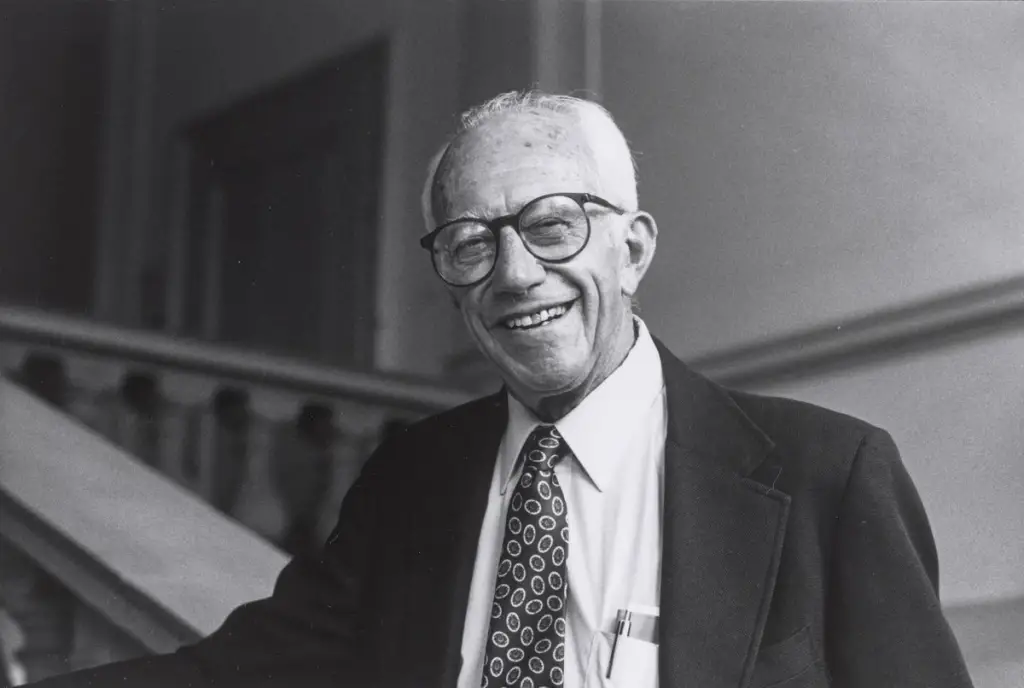
What makes Leo Sternbach famous?
Ever wondered where fear or anxiety meds came from? One of the important figures who pioneered pharmaceutical research was born in the Austria-Hungarian Empire.
Leo Sternbach, a Polish-American scientist, is known for being the person to synthesize the world’s first tranquilizers—benzodiazepines and valium.
He had a total of 241 patents, and his pharmaceutical research helped revolutionize the field.
[Source: The Lancet]
Similar Articles:
- 20+ Famous Astronomy Scientists That You Should Know
- 17 Famous Greek Scientists That You Should Know
- 30+ Famous Atheist Scientists That You Should Know
#12. Robert Remak (1815-1865): A Pioneer in Embryology
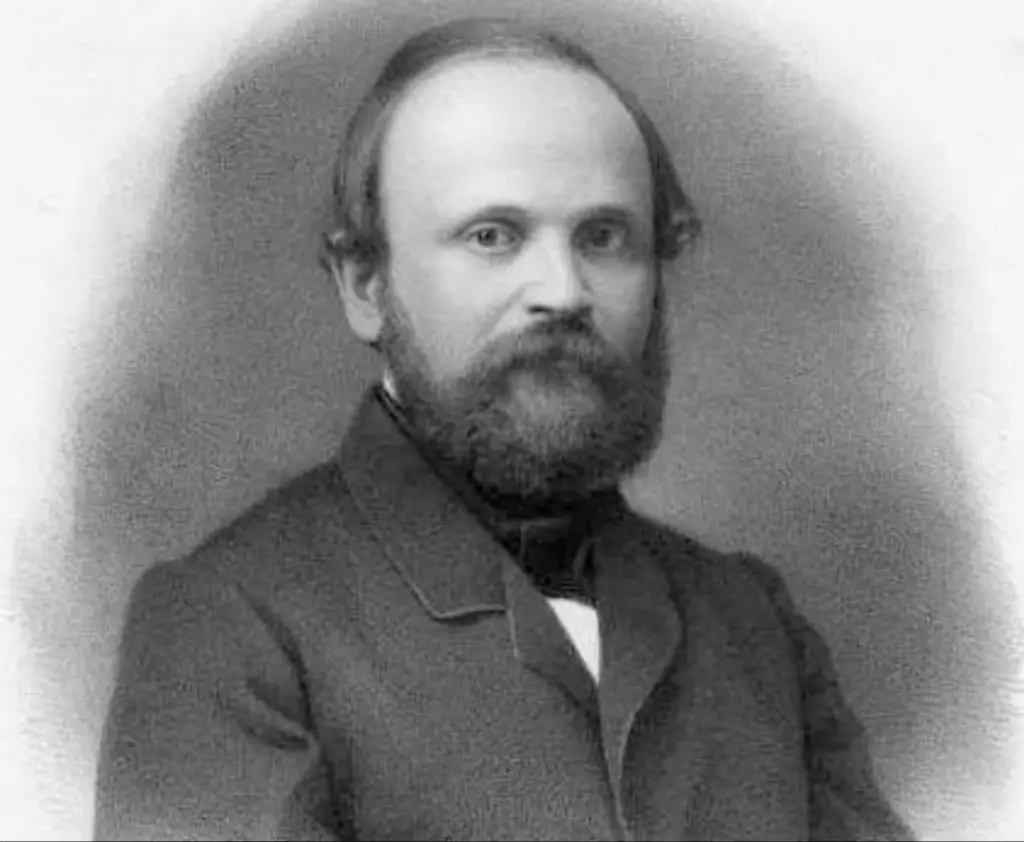
What makes Robert Remak famous?
Robert Remak is a Polish-born neurologist, physiologist, and embryologist who made crucial discoveries, especially on the origin of cells. He believed that cells came from existing cells through cell division.
Remak is widely recognized for his contributions to the classification of germ layers. He came up with the layers of embryonic cells—endoderm, ectoderm, and mesoderm.
Remak studied medicine with a particular emphasis on neurology. He attended Friedrich Wilhelm University, earning his medical degree in 1838. Although he was an accomplished scientist, Remak was never fully appreciated because of his Jewish faith.
[Source: Encyclopedia Britannica]
#11. Aleksander Wolszczan (1946-present): The Co-Discoverer of Pulsar Planets and Extrasolar Planets

What makes Aleksander Wolszczan famous?
Aleksander Wolszczan is widely recognized as one of the first to discover pulsar and extrasolar planets.
He was born in Szczecinek, Poland, where he began his studies. His father, Jerzy Wolszczan, opened his eyes to stellar constellations. The young Aleksander Wolszczan developed an interest in astronomy, a field that later earned him fame.
He won the Prize of the Foundation for Polish Science and many other awards for his numerous contributions.
[Source: Wikipedia]
#10. Johann Gottfried Galle (1812-1910): The Discoverer of Planet Neptune
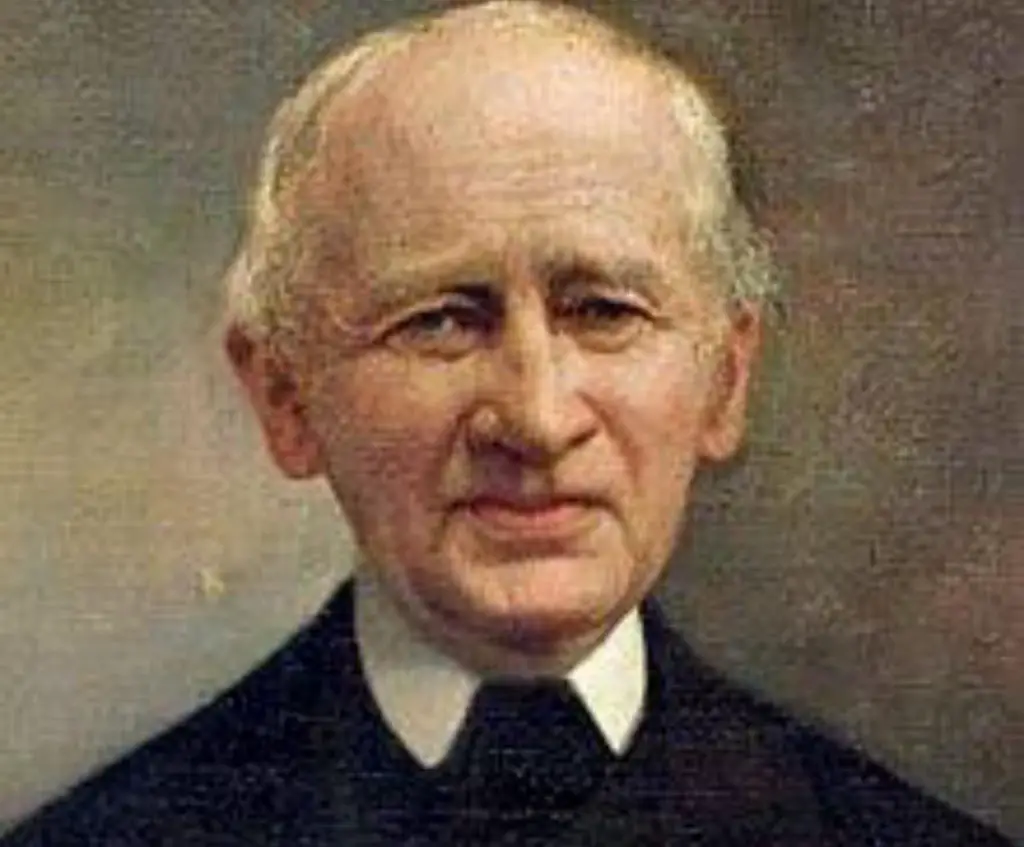
What makes Johann Gottfried Galle famous?
Urbain Le Verrier was the scientist who predicted the existence of the planet Neptune. He even determined its position. But it was another scientist who was the first to view this planet.
Johann Gottfried Galle, an astronomer, is best known as the first Polish person to observe Neptune. Verrier sent him the coordinates of this planet, and he discovered it the same day.
[Source: Encyclopedia Britannica]
Similar Articles:
- 16 Famous Scientists With Learning Disabilities That You Should Know
- 30 Famous Medical LaBraWithry Scientists That You Should Know
- 17 Famous Electrical Scientists That You Should Know
#9. Nicolaus Copernicus (1473-1543): One of The Scientists Who Challenged Prolemy’s View of The Solar System
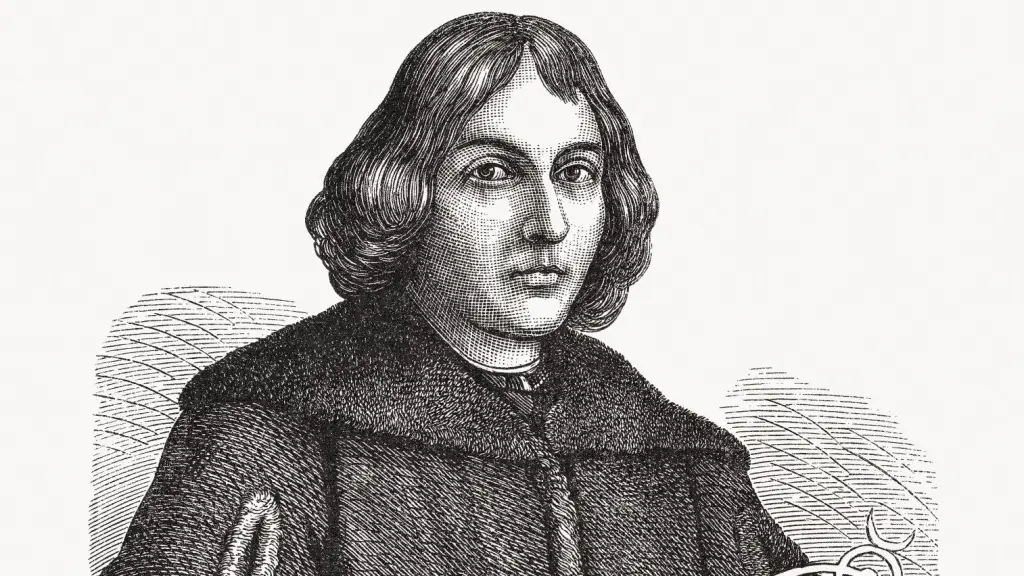
What makes Nicolaus Copernicus famous?
Nicolaus Copernicus was a Polish polymath best known for his work on astronomy, which led to the Copernican revolution.
He proposed that the sun was at the center of our solar system and not just one of many stars, as Ptolemy had thought. This caused a huge shift in thinking because it contradicted what everyone else believed (that everything revolved around an Earth-centered model).
What’s the best Nicolaus Copernicus quote?
“To know that we know what we know, and to know that we do not know what we do not know, that is true knowledge.”
[Source: Encyclopedia Britannica]
#8. Tadeus Reichstein (1897-1996): The Scientist Who Played A Leading Role in The Isolation of A Steroid Hormone
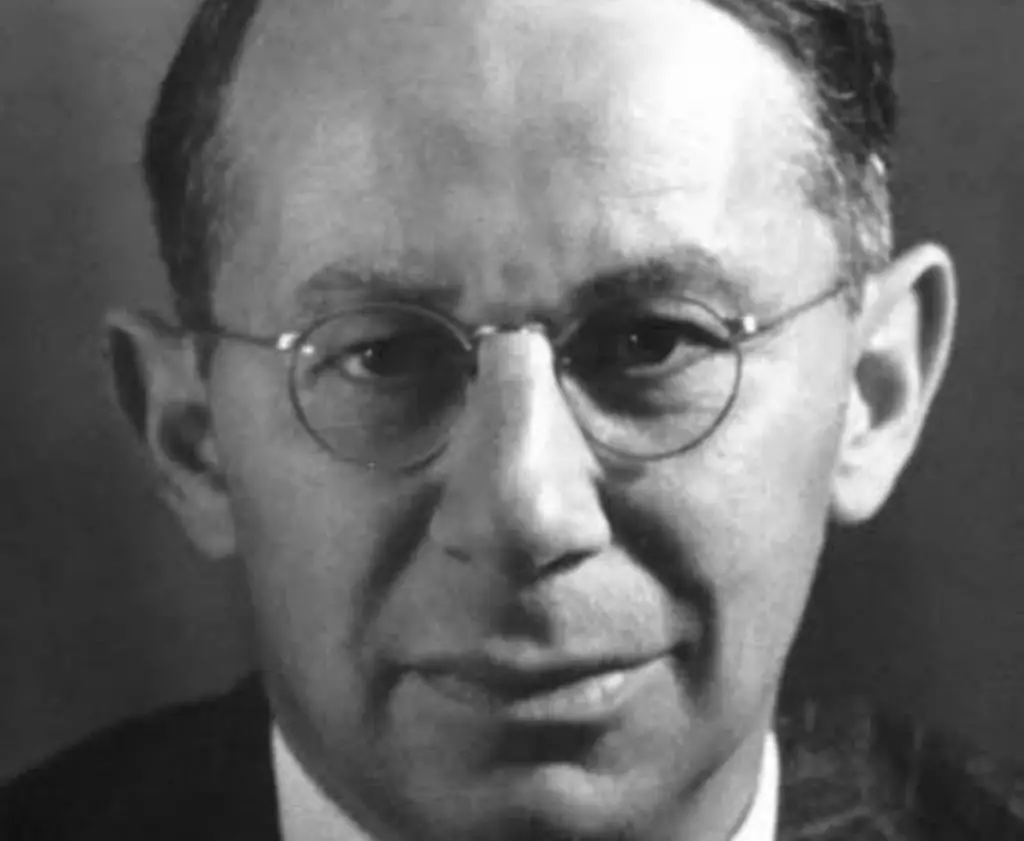
What makes Tadeus Reichstein famous?
Tadeus Reichstein was one of the most influential figures in the history of Polish science. He was born on July 20, 1887, in the Russian Empire.
Reichstein is best known for his award-winning contributions to medicine. He isolated cortisone, a steroid hormone. This path-breaking feat earned him the prestigious Nobel Prize in Physiology or Medicine in 1950.
[Source: The Nobel Prize]
#7. Johann Daniel Titius (1729-1796): The Scientist Honored With A Crater on The Moon
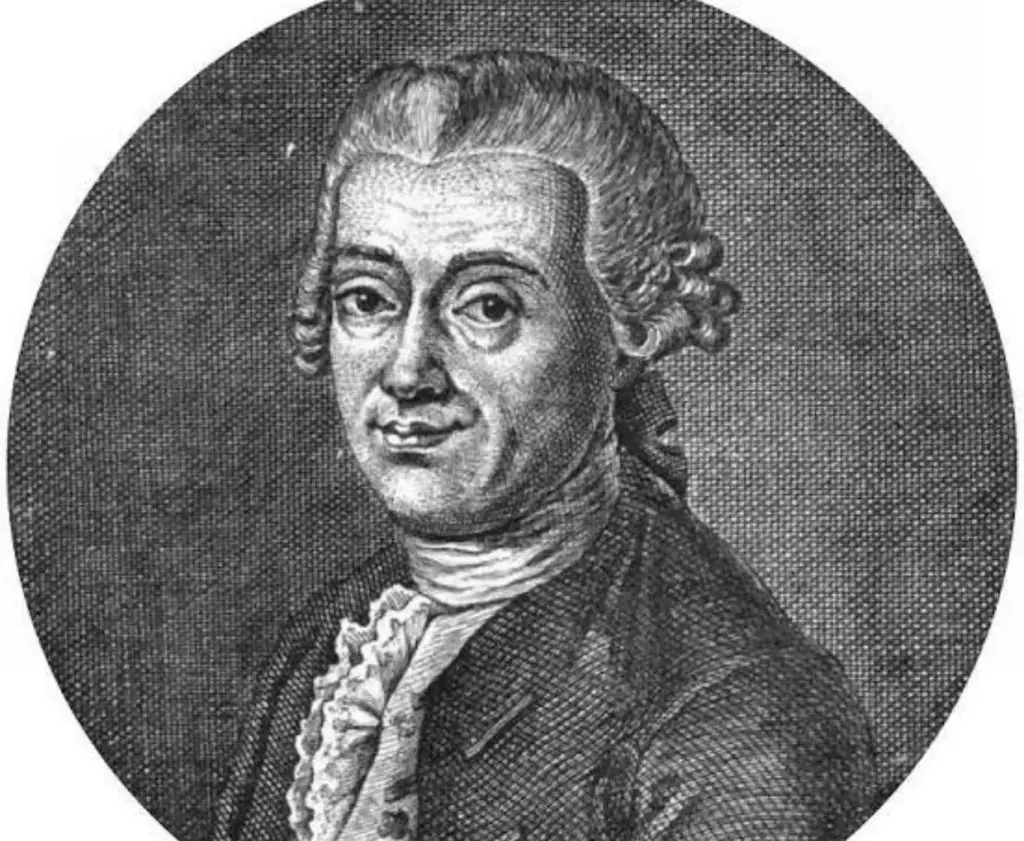
What makes Johann Daniel Titius famous?
Johann Daniel Titius was a scientist born on January 2, 1729, in the Crown of Poland.
He is known for developing the Titius-Bode law, which he used to predict the existence of Ceres, a dwarf planet. As new minor planets were discovered, Ceres and the others were reclassified as asteroids.
Besides astronomy, Titius also contributed to experimental and theoretical physics. He authored several publications on many aspects of physics, with a special emphasis on thermometry. This work included a list of requirements and guidelines for conducting experiments.
Johann Daniel Titius was also fascinated with biology, where he focused on classifying plants, animals, and minerals.
[Source: Encyclopedia Britannica]
#6. Stanislaw Ulam (1909-1984): One of The Brilliant Brains That Created The First Nuclear Bomb

What makes Stanislaw Ulam famous?
Stanislaw Ulam is best known for his work in nuclear physics and mathematics. This Polish-American was an influential part of the Manhattan Project, an undertaking that developed the world’s first atomic bombs.
Ulam is credited with several contributions to the development of thermonuclear weapons, including Teller-Ulam design, cellular automation, and nuclear pulse propulsion.
Stanislaw Ulam also provided proofs for many theorems in mathematics. He also proposed many conjectures.
What’s the best Stanislaw Ulam quote?
“It is most important in creative science not to give up. If you are an optimist you will be willing to ‘try’ more than if you are a pessimist.”
[Source: Encyclopedia Britannica]
#5. Paul Baran (1926-2011): The Internet Pioneer

What makes Paul Baran famous?
Paul Baran was a Polish engineer who made a significant contribution to the creation of computer networks. He is best known as one of the two people who invented packet switching.
This method serves as the primary foundation for data communications in computer networks all over the world. He later founded a number of businesses and created other technologies that are crucial to contemporary digital communication.
[Source: Encyclopedia Britannica]
#4. Zbigniew Religa (1938-2009): The Father of Human Heart Transplantation

What makes Zbigniew Religa famous?
Zbigniew Religa is a popular figure in the history of Polish science. He was born on December 16, 1938, in Miedniewice, Poland.
Religa is best known as the first surgeon in Poland to graft a man-made valve. He was a pioneer in the field of human heart transplantation and headed the team that successfully completed the nation’s first heart transplant.
In 2004, Religa and his team won the Brussels Eureka award for creating a pump for a pneumatic cardiac aid system.
Besides his accomplishments in medicine, Religa also became known for his political career. As a politician, Zbigniew Religa was elected to the Polish senate and served for two terms.
[Source: ZME Science]
#3. Albert Sabin (1906-1993): The Polish Inventor of The Oral Polio Vaccine
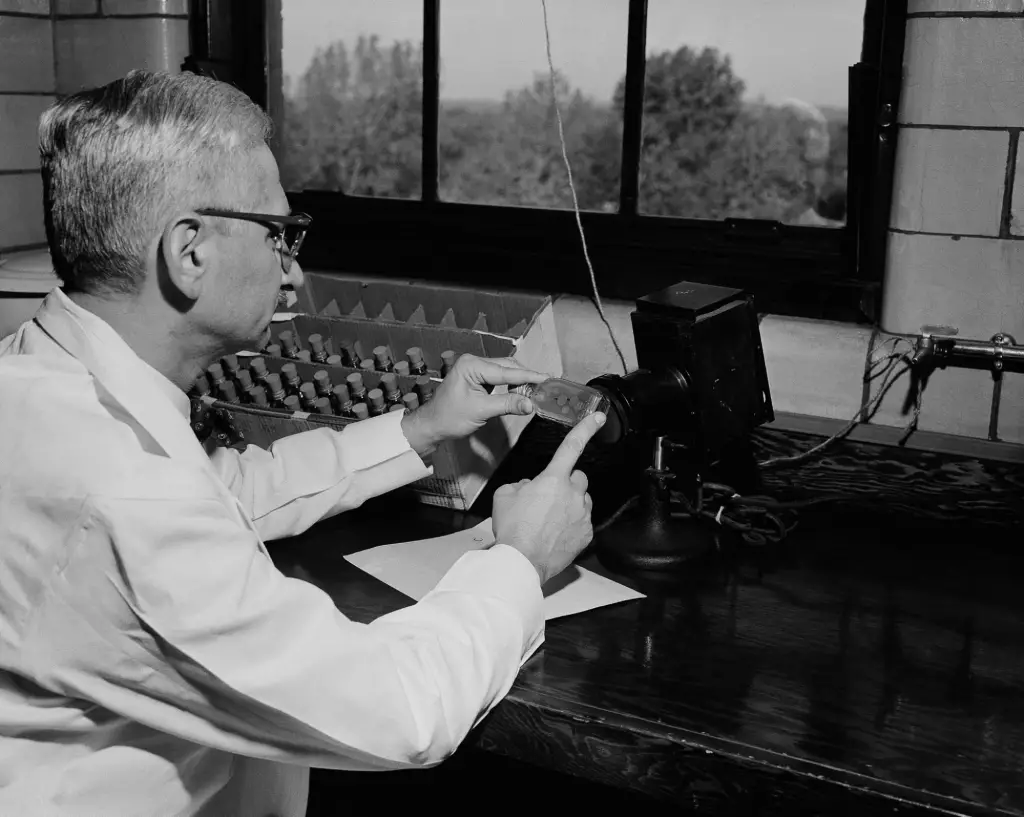
What makes Albert Sabin famous?
The polio virus remains one of the most dangerous diseases today. This virus affects the nervous system, causing paralysis or death.
Several scientists have dedicated their research to finding a cure for this menace. One of them is Albert Sabin.
He was born in Poland on August 26, 1906, and attended New York University. Sabin graduated with a medical degree and pursued virology, the subject of his interest.
This Polish-American medical researcher is best known for his work on the development of the oral polio vaccine. This achievement was pivotal in preventing polio.
What’s the best Albert Sabin quote?
” A scientist who is also a human being cannot rest while knowledge which might be used to reduce suffering rests on the shelf.”
[Source: Encyclopedia Britannica]
#2. Daniel Gabriel Fahrenheit (1686-1736): The Man Whose Inventions Revolutionized Thermometry
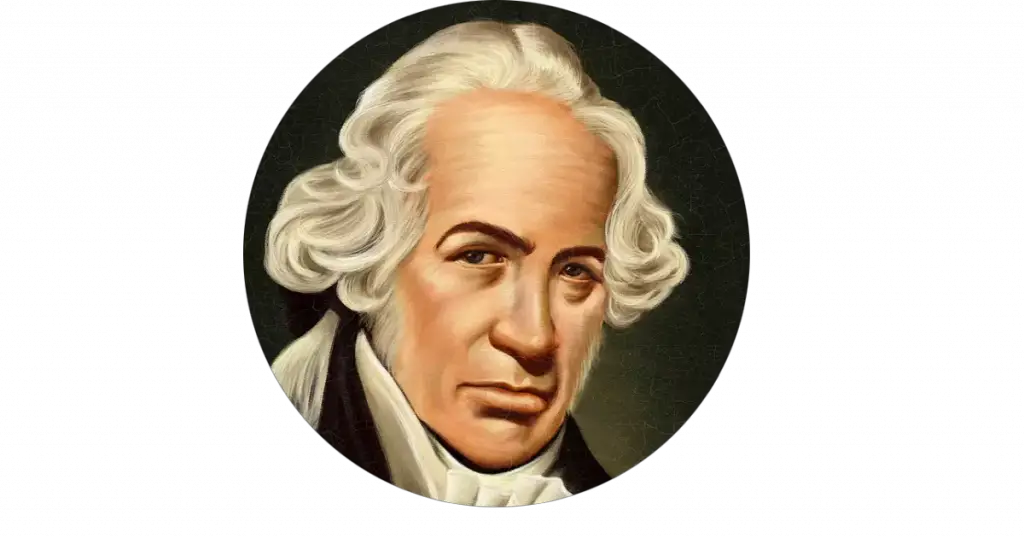
What makes Daniel Gabriel Fahrenheit famous?
We link the name Daniel Gabriel Fahrenheit to developing several important scientific instruments, including the first accurate thermometer. He created this device using mercury in glass.
Born in Poland, Fahrenheit also developed the Fahrenheit scale, which became popular because it was easier to use than other scales. Its accuracy made it worthwhile for measuring extremely low temperatures.
His alcohol thermometer and Fahrenheit hydrometer were also improvements on existing devices at the time.
[Source: Encyclopedia Britannica]
#1. Marie S. Curie (1867-1934): A Pioneer in Radioactivity
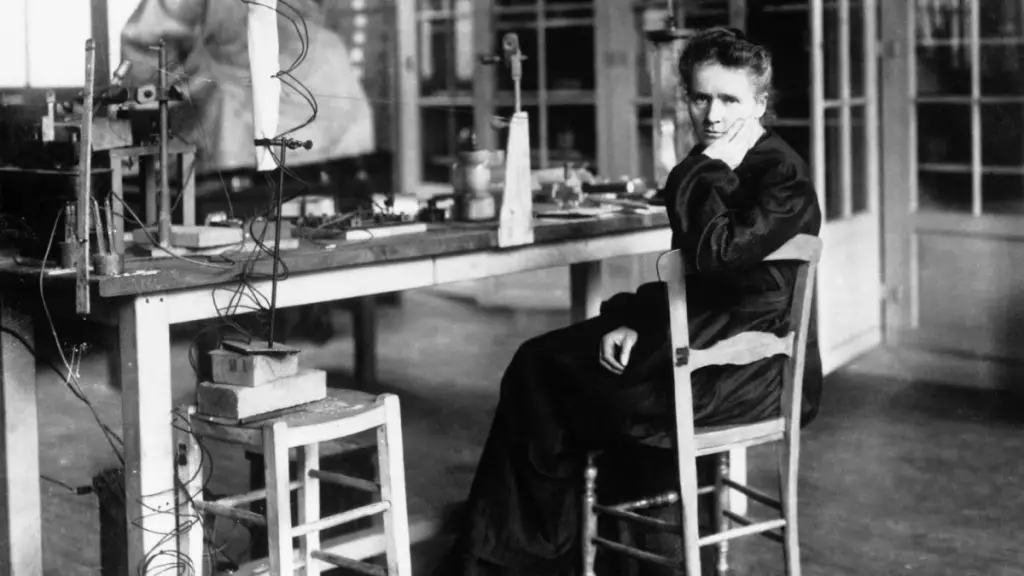
What makes Marie Curie famous?
Marie Curie was a Polish-born scientist who studied the phenomenon of radioactivity. She was the first female scientist to receive a Nobel Prize, which she won in 1903 and 1911.
Curie is best known for her research on radiation and radioactivity, which won her two Nobel Prizes: one for chemistry and one for physics. She contributed to the race for cancer treatment. Marie Curie is also famous for discovering radium and polonium.
Pierre and Marie Curie were the first married couple to win the Nobel Prize.
She holds many firsts, including:
- the only woman in the Brussels’ Solvay Conference.
- the first woman to win a Nobel Prize.
- the first person to win two Nobel Prizes.
- the first person to win the prize in two distinct fields.
She died in 1934 from aplastic anemia, which was likely caused by exposure to radiation during her career.
What’s the best Marie Curie quote?
“Nothing in life is to be feared, it is only to be understood. Now is the time to understand more, so that we may fear less.”
[Sources: Encyclopedia Britannica, News Think]
Final Thoughts
The Polish scientists pioneered many breakthroughs in the fields of mathematics, physics, and chemistry, amongst other fields. They developed the earliest exact maps describing the position of the Moon, among other accomplishments.
Which scientist do you think we should add to this list? Let us know in the comment section below.

